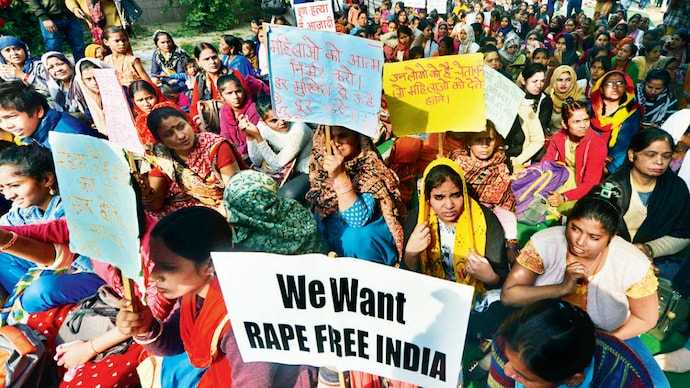
Forcing a rape victim to child birth is against ‘constitutional philosophy’, SC holds
By Staff Writer
The Supreme Court of India (SC) today (21) held that forcing a rape victims to child birth is against “constitutional philosophy”, and allowed the plea of an Adivasi woman to terminate pregnancy after 27 weeks of the foetus.
The SC was hearing an urgent appeal from an order from the Guarat High Court which “lacadicically” refused relief to the rape survivor. The 25 year old woman had sought relief under Articles 226 and 227 of the Indian Constitution along with Section 482 of the Code of Criminal Procedure, 1973.

The SC bench consisted of Justices BV Nagarathna and Ujjal Bhuyan. According to LiveLaw India, Justice Bhuyan has queried, “how can you perpetuate unjust conditions and force the rape survivor to undergo pregnancy?”
Justice Nagarathna told the Solicitor General, “the foetus also has an Article 21 right to life. If this fetus survives, let the State give an incubation facility and it will become a child of the State.”
Noting the stress and trauma a woman undergoes during pregnancy outside marriage, and especially as a result of rape, the order of the apex Court held as follows:
“…To give birth to an unwanted child or not is the question posed by the appellant in this appeal, being unsuccessful before the Gujarat High Court. In Indian society, within the institution of marriage, pregnancy is a reason for joy and celebration, and for great expectation, not only for the couple but for their families and friends. By contrast, pregnancy outside marriage in most cases is injurious, particularly after a sexual assault or abuse, and is a cause for stress and trauma, affecting both the physical and mental health of the pregnant woman – the victim. Sexual assault or sexual abuse of a woman is itself distressing, and sexual abuse resulting in pregnancy, compounds the injury. This is because such a pregnancy is not a voluntary or a mindful pregnancy.”
This is an outstanding order and a judicial precedent that will bring great solace to innocent girls and women who fall prey to sexual assault incidents that are rampant in India.
In India, for over half a century, abortion has been legal under specific circumstances in terms of the Medical Termination of Pregnancy (MTP) Act of 1971. In 2003, the Medical Termination of Pregnancy Regulations were issued under the Act to enable women to access safe and legal abortion services.

